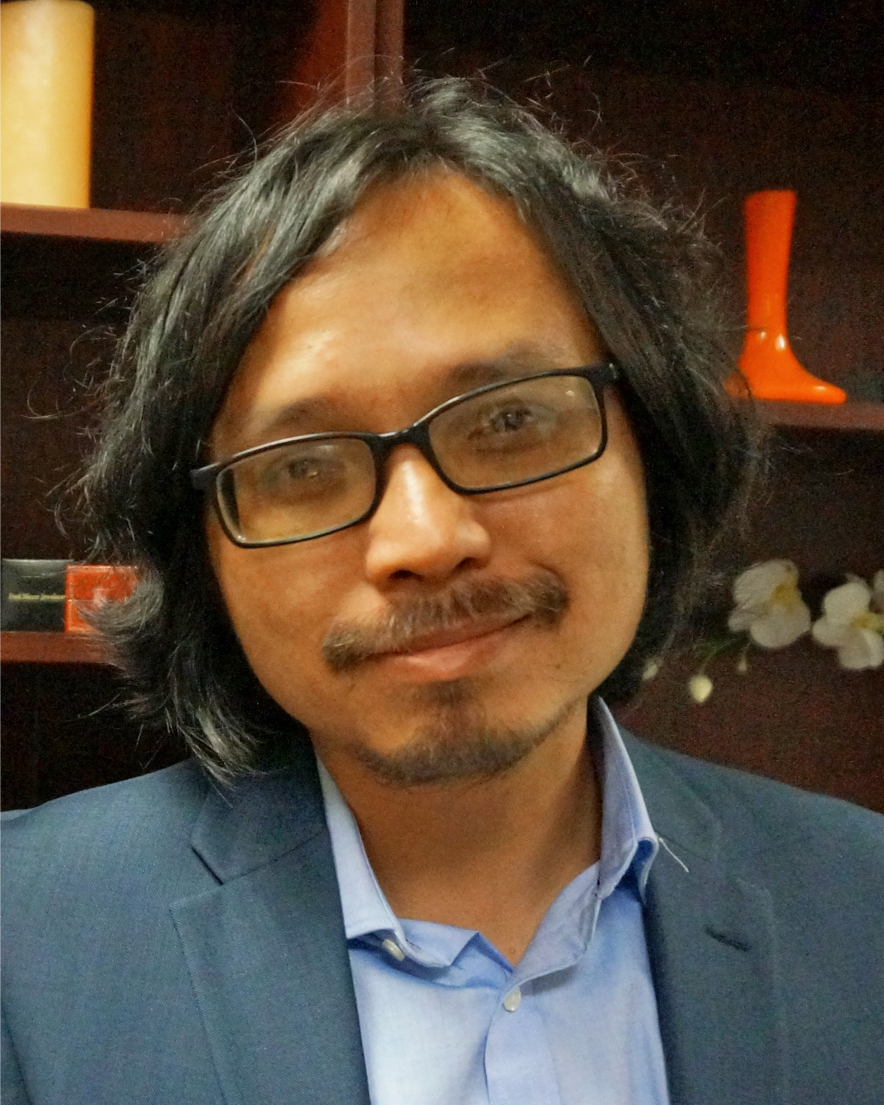Duy Lap Nguyen

Duy Lap Nguyen
Modern and Classical Languages
Assistant Professor
Office: 620 Agnes Arnold Hall
Phone: 713-743-2519
Email: dnguyen66@uh.edu
Duy Lap Nguyen is an associate professor in the Department of Modern and Classical Languages. His interests include critical and postcolonial theory, visual studies, Vietnamese studies, world cinema and literature. His first book, The Unimagined Community: Imperialism and Culture in South Vietnam (Manchester University Press, 2020), presents a fundamental revision of the Vietnam War from the perspective of the South Vietnamese. Addressing a conspicuous absence in the historiography, the book presents a wide-ranging analysis of the impact of the American intervention on South Vietnamese culture, from film and serialized fiction to political philosophy and the use of media in psychological warfare. Professor Nguyen’s second, book Walter Benjamin and the Critique of Political Economy (Bloomsbury, 2022), offers a bold new interpretation of Benjamin’s historical materialism and its connection to his early philosophy.
Critical Studies Courses
- WCL 2351-02 World Cultures Thru Lit & Arts: The Refugee in Film and Literature
Focusing on the post-1945 period, we will examine how these literary and filmic expressions capture and challenge the political narratives surrounding forced migration. By contextualizing our study within a broad array of disciplines, including law, political theory, and anthropology, we will analyze the complex legal and political frameworks that shape the refugee experience. We will consider the impact of mass displacement events, such as the Jewish and Palestinian diasporas and the conflicts in Vietnam and Syria, on the lived experiences of refugees. Our goal is to understand how art deepens our perception of the refugee experience, navigating the personal, social, and psychological realities of exile while challenging our understanding of hospitality, sympathy, and cultural identity.
- WCL 2352-02 World Cinema
This course is an introductory exploration of film history, tracing the evolution of the art form from its beginnings to its contemporary manifestations. We will examine the foundational techniques and storytelling methods pioneered in the early days of cinema, and examine their enduring influence on contemporary filmmaking. From the flickering images of the silent era to the grandeur of Hollywood's Golden Age, we will analyze pivotal moments in film history. The course culminates in an in-depth study of some examples of contemporary global cinema, examining how filmmakers today reinterpret and reimagine the cinematic techniques developed by their predecessors. We will explore diverse cinematic styles and movements from around the globe, uncovering the rich tapestry of contemporary filmmaking.